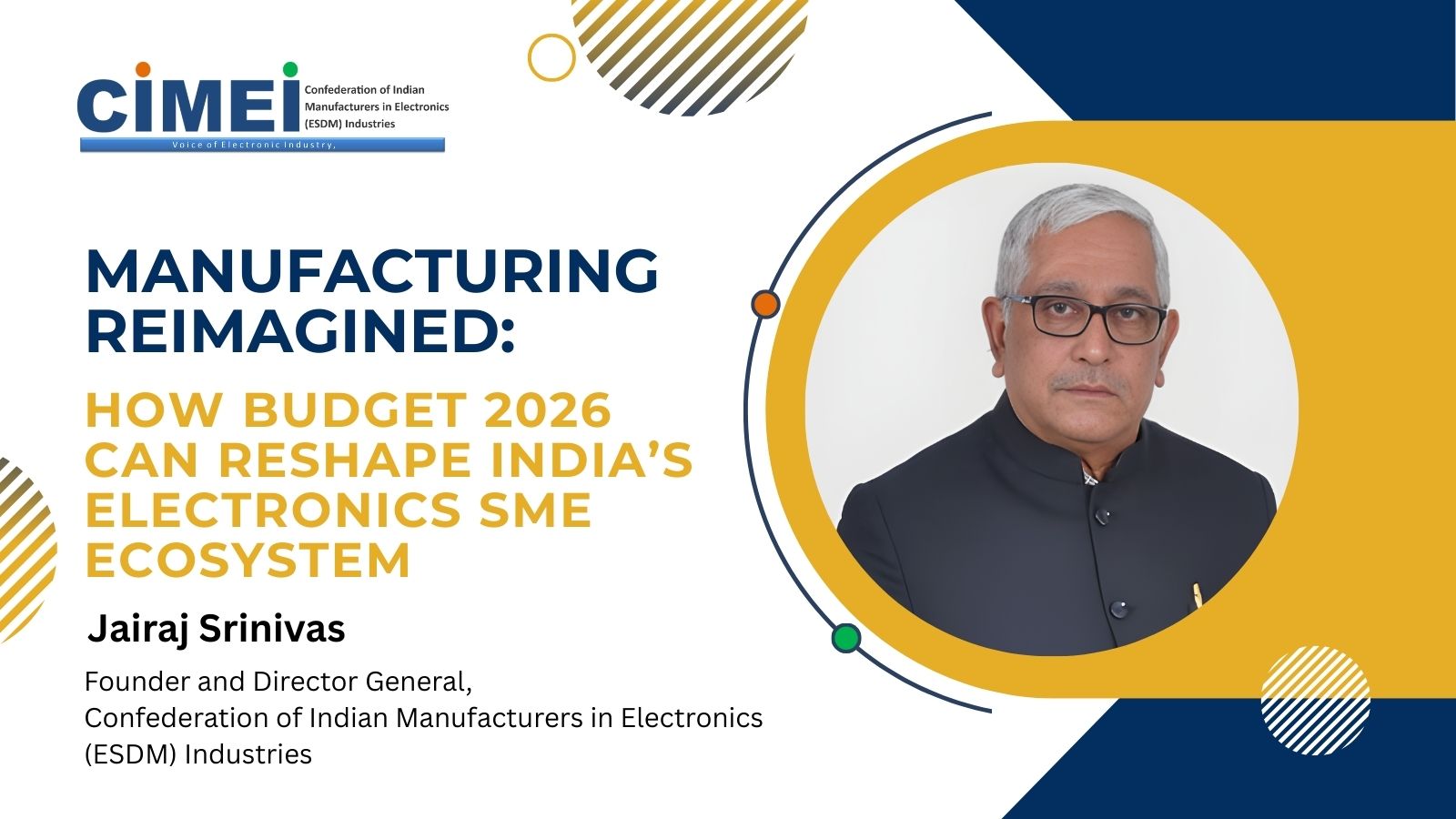Technological Innovations Driving Sustainability in Pharma SMEs

In the rapidly evolving landscape of the pharmaceutical industry, technological innovations are emerging as key drivers of sustainability for small and medium enterprises (SMEs). These advancements not only enhance operational efficiency but also significantly contribute to reducing environmental impact, positioning SMEs at the forefront of sustainable pharmaceutical manufacturing.
Continuous Manufacturing: One of the most transformative technologies in this realm is continuous manufacturing. This innovative approach represents a paradigm shift from traditional batch processing, offering numerous sustainability benefits. Continuous manufacturing systems operate with smaller footprints, requiring less clean room space and consequently reducing energy consumption for facility maintenance. The automated nature of these systems minimizes human intervention, leading to improved consistency and reduced waste generation. Moreover, continuous manufacturing processes are inherently more energy-efficient. This substantial energy saving translates directly into reduced carbon emissions and lower operational costs, addressing tight product supply / delivery schedules, environmental and economic aspects of sustainability.
Artificial Intelligence (AI) & and Machjne Learning (ML): Another significant technological advancement driving sustainability in pharma SMEs is the integration of AI and ML in various aspects of pharmaceutical operations. These technologies are being leveraged to optimize formulation processes, predict and prevent equipment failures, and enhance batch failures / quality control measures. AI and ML also contribute to significant savings process losses there by reducing material waste and energy consumption.
Green Chemistry: The principles of green chemistry, supported by advanced computational tools, are revolutionizing the approach to drug discovery and synthesis. SMEs are increasingly adopting silico modelling and predictive analytics to design more environmentally benign synthesis routes, reducing the use of hazardous solvents and minimizing waste generation. This shift not only aligns with sustainability goals but also often leads to more efficient and cost-effective synthetic processes.
3D Printing & Personalised Medicines: The advent of 3D printing technology in pharmaceutical manufacturing offers exciting possibilities for on-demand, small-batch production of personalized medications. This technology has the potential to dramatically reduce waste associated with overproduction and expiration of drugs, a significant issue in traditional pharmaceutical manufacturing. For SMEs, 3D printing could enable more flexible and responsive production capabilities, aligning supply more closely with demand and reducing the environmental footprint of drug manufacturing and distribution.
Internet of Things: IoT devices and sensors are being increasingly deployed in pharmaceutical manufacturing facilities to monitor and optimize energy consumption, water usage, and waste generation in real-time. These smart systems enable SMEs to identify inefficiencies quickly and implement corrective measures, leading to more sustainable operations. The data collected by these systems also facilitates better compliance with environmental regulations and supports continuous improvement initiatives.
Advancements in Water Treatment and Recycling Technologies: These technologies are particularly relevant for pharmaceutical SMEs, given the water-intensive nature of many manufacturing processes. Innovative membrane technologies, advanced oxidation processes, and closed-loop water systems are enabling SMEs to significantly reduce their water footprint and minimize the discharge of effluents / pharmaceutical residues into the environment.
Renewable Energy Technologies: Renewable technologies like solar and wind power, are becoming more accessible and economically viable for SMEs. The integration of these clean energy sources into pharmaceutical manufacturing not only reduces carbon emissions but also provides long-term cost savings and energy security. Some SMEs are exploring innovative energy storage solutions to overcome the intermittent nature of renewable sources, ensuring a stable power supply for critical manufacturing processes.
Biotechnology Advancements: Technologies such as cell-free synthesis methods and enzyme-based manufacturing processes, offer more sustainable alternatives to traditional chemical synthesis routes. These bio-based approaches often operate under milder conditions, use fewer hazardous materials, and generate less waste, aligning well with sustainability goals.
As SMEs in the Indian pharmaceutical sector navigate their sustainability journey, embracing these technological innovations becomes crucial. While the initial investment in these technologies may be significant, the long-term benefits in terms of operational efficiency, cost savings, and environmental impact mitigation make them invaluable tools in the pursuit of sustainable pharmaceutical manufacturing.
The challenge for SMEs lies in strategically selecting and implementing these technologies in a phased manner, aligning with their specific operational needs and sustainability goals.
Industry initiatives, technology transfer programs and government support in the form of incentives or subsidies can play a vital role in accelerating the adoption of these innovative sustainable technologies among pharmaceutical SMEs.
Author: Dr. PV Appaji, Hon. Advisor, Bulk Drugs Manufacturers Association of India (BDMAI) and Ex-Director General, Pharmaceuticals Export Promotion Council of India (PHARMEXCIL)
Disclaimer: Views expressed in the article are the personal opinions of the author.











